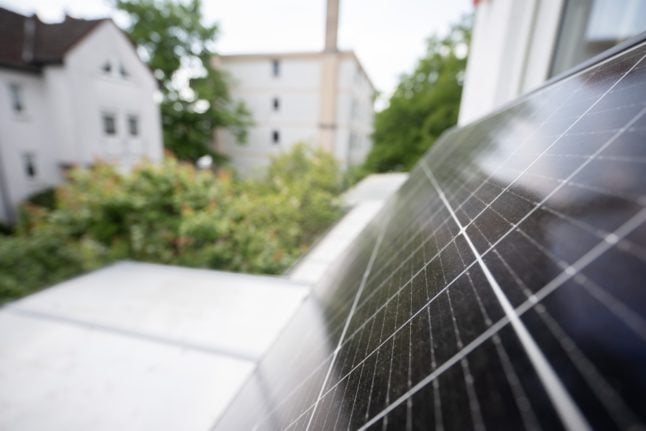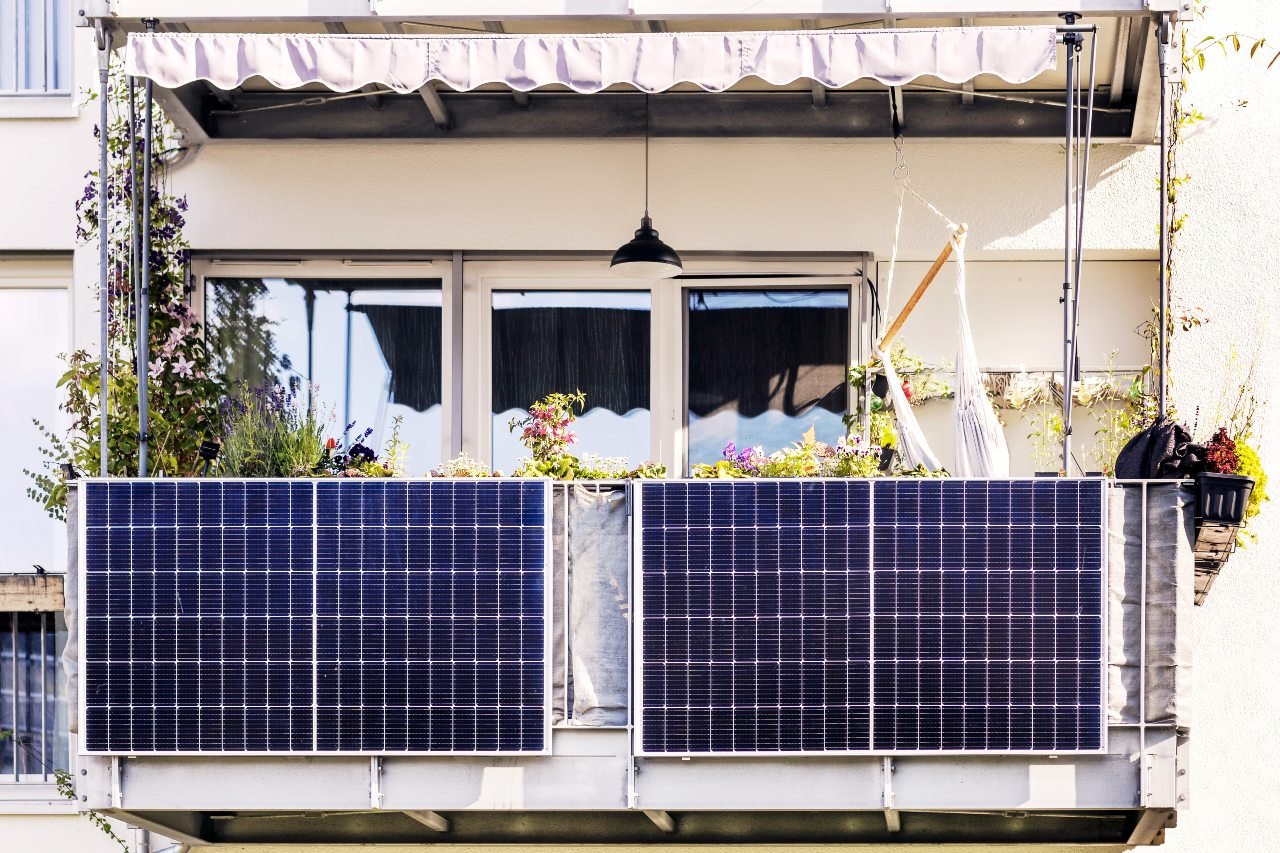With electricity prices in Germany having doubled and the country regularly recording over 7 percent inflation, the federal government is set to pass a third relief package on September 8th. Previous packages included the popular €9 ticket for nationwide public transport, as well as an up to €300 one-off payment for rising energy costs due to be paid out this month.
But the third set of measures are more wide-reaching—and expensive—ahead of what could be a tough winter for heat and energy in the country. Of the €100 billion in planned relief so far, €65 billion is tied up in the latest measures.
READ ALSO:
- UPDATE: Germany agrees €65 billion inflation relief package
- What you need to know about Germany’s €300 energy relief payout
Some will benefit more than others. Families are set to receive the most support, although most people will receive at least something. German magazine Focus Online calculates that citizens will receive anywhere from a couple hundred euros to a maximum of €2,285 in relief per year—depending on the person’s specific life situation.
READ ALSO: What’s in Germany’s support package for rising energy bills
I’m a single person resident in Germany—what relief should I expect?
Single people in Germany, particularly those taking home more than €1,600 after tax (netto) will get the least amount of support, with assistance measures mostly coming through tax relief rather than direct payments.
Assuming such a person lives in a flat of anywhere between 40 and 70 square metres, the reduced VAT on their gas bills could save them anywhere between €139 and €239 per year. If they have a home office arrangement with their employer and claim the maximum amount of tax credit for this, they can claim up to a maximum of €600 per year—to offset the electricity costs that come from working at home.
Finally, depending on how much a particular single person living in Germany earns, the new relief package will allow people to deduct the mandatory contribution amounts to their public pensions from their taxes. Since such contributions are determined by income, this is one of the few measures in the relief package that will save higher earners more, with anywhere from €43 to €284 in annual savings for a single person.
A single person in a lower income bracket—for example those taking home about €1,200 a month after tax, can expect higher levels of support depending on their specific situation. Social insurance contributions for people holding certain part-time work, or “midi-jobs” in Germany, are typically reduced up to an income of €1,300 a month. The government now plans to increase this amount to €2,000—potentially saving a single midi-jobber over €300 a year.
READ ALSO: EXPLAINED: The rules in Germany around ‘mini’ and ‘midi-jobs’
Other benefits may also be open to a single person in Germany in a lower income bracket. For example, if they receive a housing allowance, they may be entitled to a one-off payment of around €400 for heating costs this winter.
If they are a student, they’ll be entitled to another one-off payment of €200 to address cost of living increases.
I’m married, living in Germany, and don’t have kids—what relief should I expect?
In addition to any one-off payments a married or partnered couple might expect, such as the heating cost one-off if they receive housing benefits or the one-off payment in the event that one or both of them are students, couples living in Germany can also expect their relief to come mainly through tax relief and credits—with higher overall savings in some cases than a single person might receive.
Assuming they live together in a flat of anywhere between 85 and 103 square metres, a couple living in Germany stands to save anywhere between about €300 and €475 per year on gas costs, thanks to the reduction in VAT on gas. The reductions on their mandatory pension contributions could also be reduced anywhere from about €200 a year to over €700 for the highest earners.
As with singles, couples living in Germany with a Home Office arrangement with their employer can also claim the associated tax credits on top of any other relief they might receive.
I’m married with children and living in Germany—what relief should I expect?
Families living in Germany will, in general, receive the most benefit from the new relief measures.
On top of any one-off payments, reduced pension contributions, or Home Office tax credits they might be able to claim, the savings from the cut in VAT on gas are the highest in absolute terms. Assuming the family lives in a home of between 115 and 180 square metres, the estimated annual savings could be anywhere from between €400 to €650.
The relief measures most specifically targeted to families however, involve the planned increases to child benefits (Kindergeld). Parents will be able to receive €237 per month for their first three children—an increase of €18 per month per child. That amounts to an extra €216 per year over the previous amount for families with one child, and €432 for families with two children.
READ ALSO: Germany to raise child benefits for families with up to three children
What about people who are unemployed and pensioners?
Because people who are unemployed or pensioners are obviously not in work or school, they will not benefit from lower pension contributions, a one-off payment for students, or Home Office credits. The traffic-light coalition is thus increasing the amount of unemployment insurance or Bürgergeld available to them from €449 to €500 per month. That amounts to an increase of about €600 a year.
Meanwhile, pensioners are set to receive a €300 one-off payment on December 1st. In order to keep the payments quick and unbureaucratic, the federal government is planning to pay it out directly through pension insurance.




 Please whitelist us to continue reading.
Please whitelist us to continue reading.
What a joke of a package. Now if only they didn’t get us into this mess in the first place and then try to address it with far left spend programs